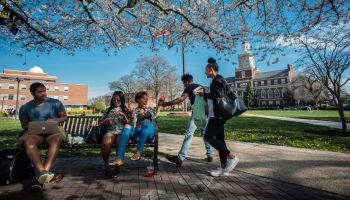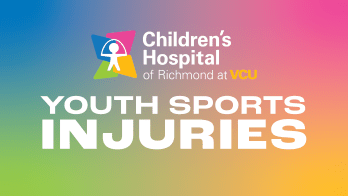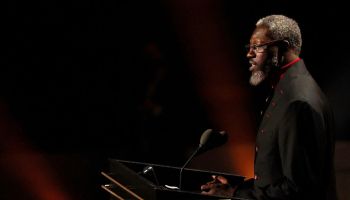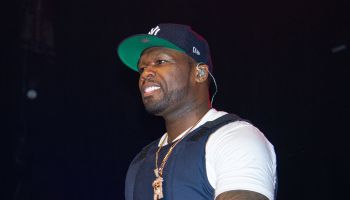On Monday, February 19th, PBS will be premiering the first-feature length on the rise, influence, and evolution of Historically Black Colleges and Universities. Tell Them We Are Rising was written, directed, and produced by Stanley Nelson, the award-winning filmmaker behind Freedom Summer, Freedom Riders, and Black Panthers: Vanguard of the Revolution, which is Independent Lens’ most watched film to date.
The film takes a deep look into the early history of HBCUs, opening with haunting images of enslaved Africans and the oppressive systems that prevented even free Black men and women from obtaining an education. After the Civil War, many of those people would form their own schools, with the AME Church responsible for some of the institutions that would become early predecessors to HBCUs. By the late 1800s, there were nearly 80 Black colleges and vocational schools in the South.
Tell Them We Are Rising features interviews from both alumni and current students of schools such as Hampton Institute (now Hampton University), Tuskegee University, Morehouse College, Spelman College, Fisk University, Howard University, North Carolina A&T, Bennett College, Morris Brown and Southern University
Nelson’s mother and father went to HBCUs (Howard and Talladega), and though he didn’t attend one himself, he says that these schools hold a distinct importance to Black people across the country.
“It’s a story that no one was telling,” he tells NewsOne. “Rather than doing a story about individual schools, I wanted to do a story of the collective role these institutions played in the lives of African-Americans.
Tell Them We Are Rising links HBCU history to the broader political and historical times in which they were created and grew. These institutions were epicenters of political activism, with thousands of Black college students, faculty and staff members engaging in sit-ins, marches, and protests during the Civil Rights and Black Power movements. Young people protested injustices not only off campus, but within their own institutions, advocating for more control over the curriculum, taking over campus buildings until their school president resigned and more.
The documentary doesn’t shy away from the complicated past and present of these beloved institutions; most of the early HBCU presidents were white–some were passionate abolitionists, while others were what we’d now call ‘Conservatives’ that identified education as a way to “civilize” Blacks but maintained that former slaves could not aspire beyond vocational training. Today, these schools produce more than a quarter of the nation’s Black recipients of undergraduate degrees in STEM fields–even though HBCUs only account for 3 percent of colleges or universities in America. Many of the nation’s 100 HBCUs are thriving, while others are struggling financially. Tragically, schools like Atlanta’s Morris Brown College, have shuttered their doors for good.
“America is often self-delusional about its history. If often doesn’t want to look at its history in its totality,” Nelson said. “But the history of African-Americans is very central to American history.”
HBCUS places are African-Americans can be affirmed and chase individual success while being deeply connected to the collective advancement of Black people. They have defined what it means to be Black in America, having produced lawyers and doctors, artists and activists, clergy and change-agents across fields of industry for over 150 years.
Students choose these institutions because they are able to serve them in ways that others cannot, says Nelson. He recalls meeting a young woman at a screening who had been accepted to Yale University, but chose to attend Spelman College instead.
“She wanted to become a nuclear physicist. But she wanted to make sure that she never had that moment where a professor might ask ‘Are you sure?’” he recalled. “That’s never going to happen at an HBCU. You aren’t looked at by the color of your skin. That nurturing experience is why these schools are still so important within the Black community today.”
Tell Them We Are Rising seeks to both educate and enlighten audiences of all kinds. Although focused on the African-American experience specifically, Nelson says that anyone watching the film will be able to connect to it.
“I think the film is an affirming film for all Americans,” Nelson said. “We’ve walked this long path to get here. I hope the film reminds people that we need to continue on that path upward, and not go backwards.”
Tell Them We Are Rising debuts on PBS’ Independent Lens on Monday, February 19th. Check the film’s official website to find your local station and to learn more.
Stanley Nelson Explores How HBCUS Are ‘Rising’ in New PBS Documentary was originally published on newsone.com
















